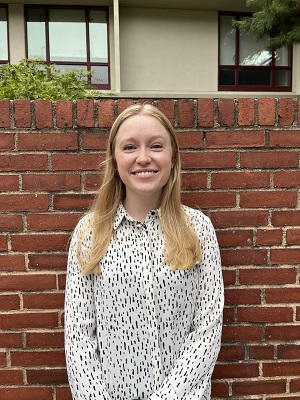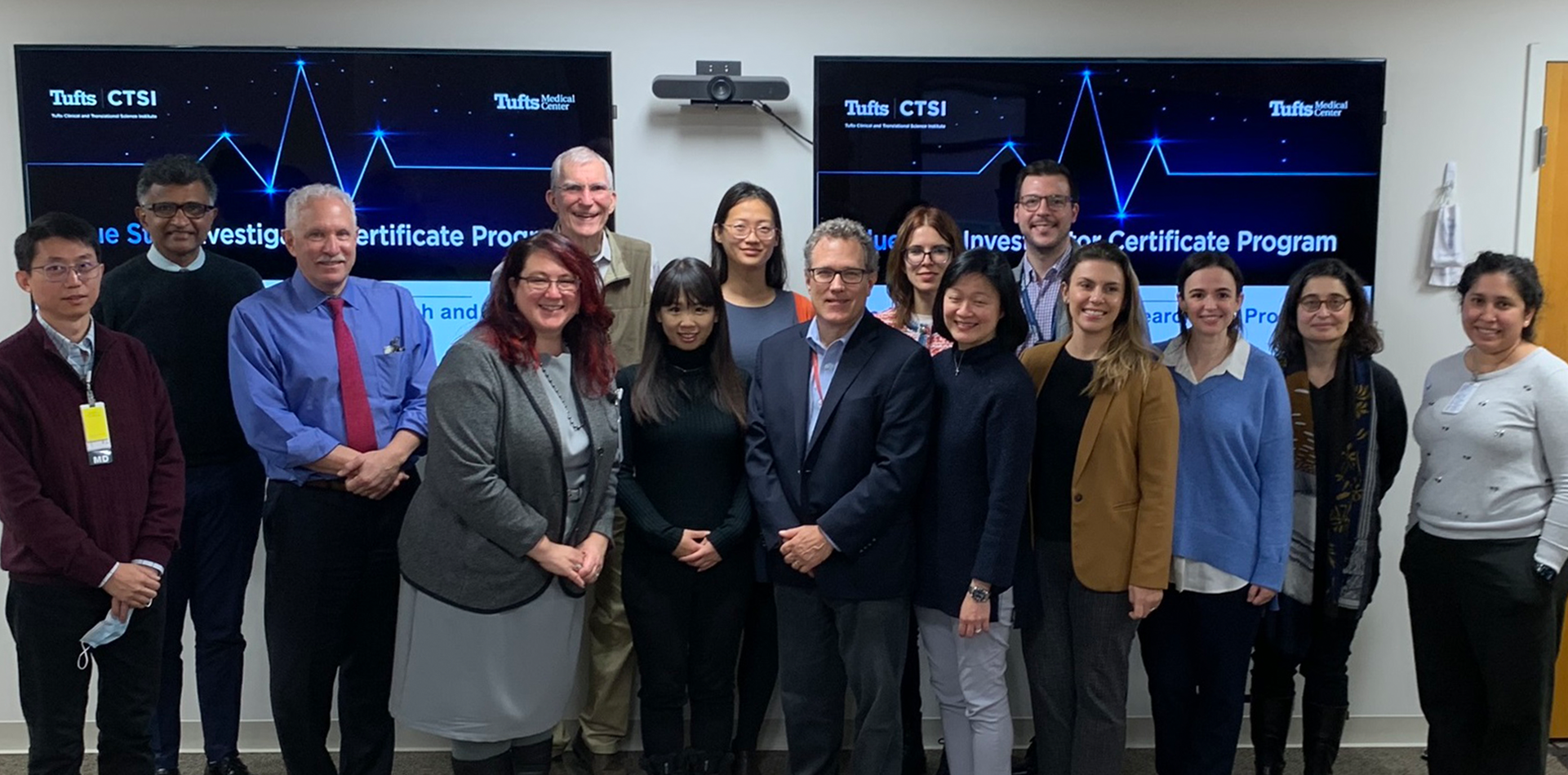FOR IMMEDIATE RELEASE: April 29, 2019
CONTACT: Katherine Shields, kshields3@tuftsmedicalcenter.org
BOSTON – The 5th Annual Asian Health Symposium, Moving Forward, Looking Back: Using Research to Improve Community Health took place at Tufts University School of Dental Medicine on Tuesday, April 23. Hosted by Tufts Clinical and Translational Science Institute (CTSI) and its Addressing Disparities in Asian Populations through Translational Research (ADAPT) initiative, the event brought together 76 community members, researchers, and students to discuss research taking place in and around Chinatown.
The goal of the event was to show how academic and community collaborations fueled research on overlooked health issues in Boston’s Chinatown community. Attendees discussed potential next steps to addressing these issues, and how to increase community engagement in research.
Research topics discussed throughout the day included stress and mental health in Chinese immigrant families, autism diagnosis and management in Chinese immigrant families, barriers to accessing service for Asian-American victims of violence, and food security among affordable housing residents in Chinatown, among others.
“Participating in the Asian Health Symposium provided a great opportunity to learn about a wide range of public health research happening in Chinatown,” said Mehreen Ismail, MPH, a researcher and PhD candidate from the Tufts University Friedman School of Nutrition Science and Policy.
“It was encouraging to hear about the ideas and solutions that can arise when academic institutions and community-based organizations collaborate. I was especially grateful to share my own research about local affordable housing residents’ food-related needs and to reflect on community-engaged research,” Ismail said. She and other panelists shared their research findings and answered questions from attendees.
A common theme throughout the event was the importance of doing research in a culturally competent way, grounding the research partnerships with community partners, and creating lasting community connections to better serve the health needs of the Chinatown/Asian community.
Dawn Sauma, MSW, LICSW, Co-Executive Director of the Asian Task Force Against Domestic Violence (ATASK) and community co-chair of ADAPT, emphasized the significance of building and maintaining community relationships. “ADAPT members are invested, and not just in building community-research partnerships, but in bringing people together and collective action. We bring issues to the table that we hear about and are affected by, with an aim to make a difference in ways that are meaningful to the community.”
Symposium organizers and participants were optimistic about the future of community engaged research in Chinatown and motivated to continue their efforts to positively impact the health of the Asian community through dissemination of research results and cross-sector collaborations.
#####
About Tufts Clinical and Translational Science Institute (CTSI)
Tufts Clinical and Translational Science Institute (Tufts CTSI), established in 2008, supported by the National Institutes of Health (NIH), is dedicated to stimulating innovative broadly-engaged team science across the translational research spectrum to improve clinical care and health. Founded by Tufts University and Tufts Medical Center, it also includes other academic institutions (including all the schools of Tufts University, Brandeis University, MIT, Northeastern University; and RAND), the hospitals affiliated with Tufts University School of Medicine, community stakeholders, and various members of the health care industry. Tufts CTSI’s purpose is to accelerate the translation of laboratory and medical research into clinical use, widespread medical practice, and into improved health care delivery and health policy. It connects people to research resources, consultation, and education, and fosters collaboration with scholars of all disciplines and with community members, with the ultimate goal of improving the health of the public. Tufts CTSI is funded by a Clinical and Translational Science Award (CTSA) from the NIH National Center for Advancing Translational Sciences, award number UL1TR002544.



